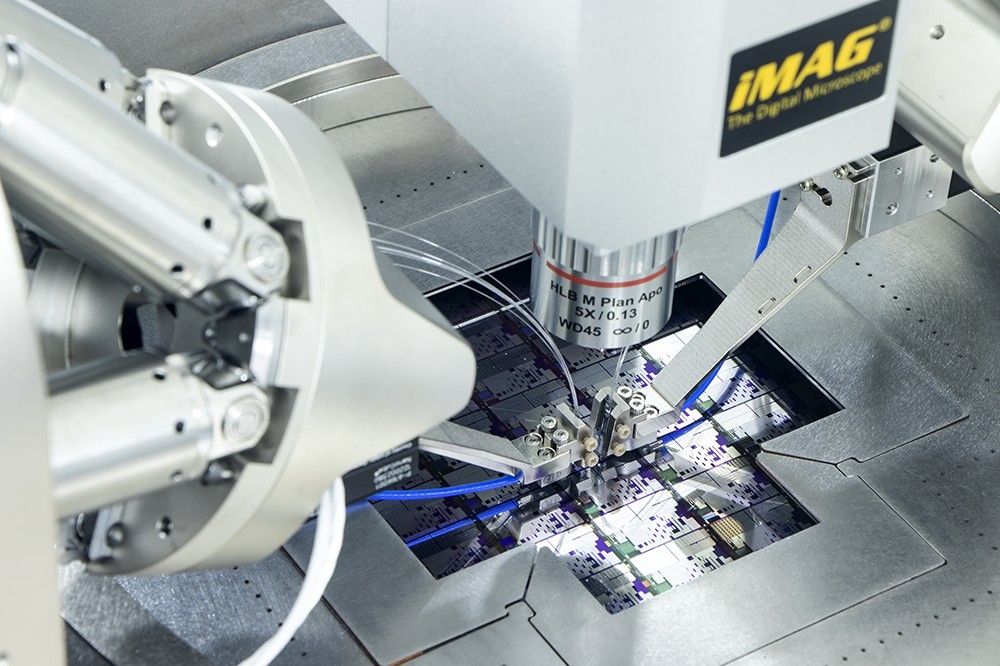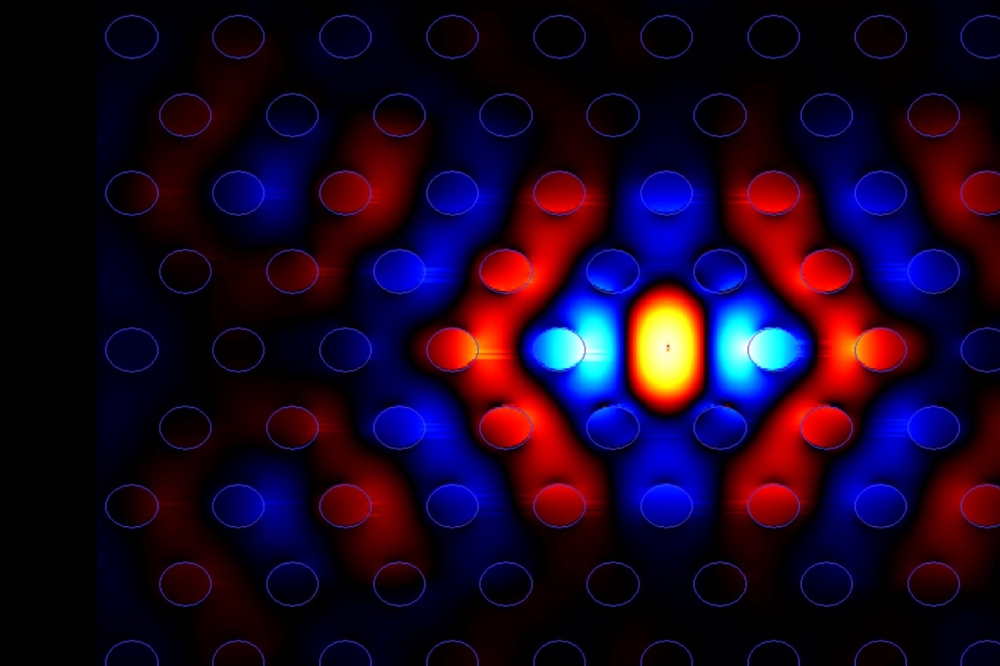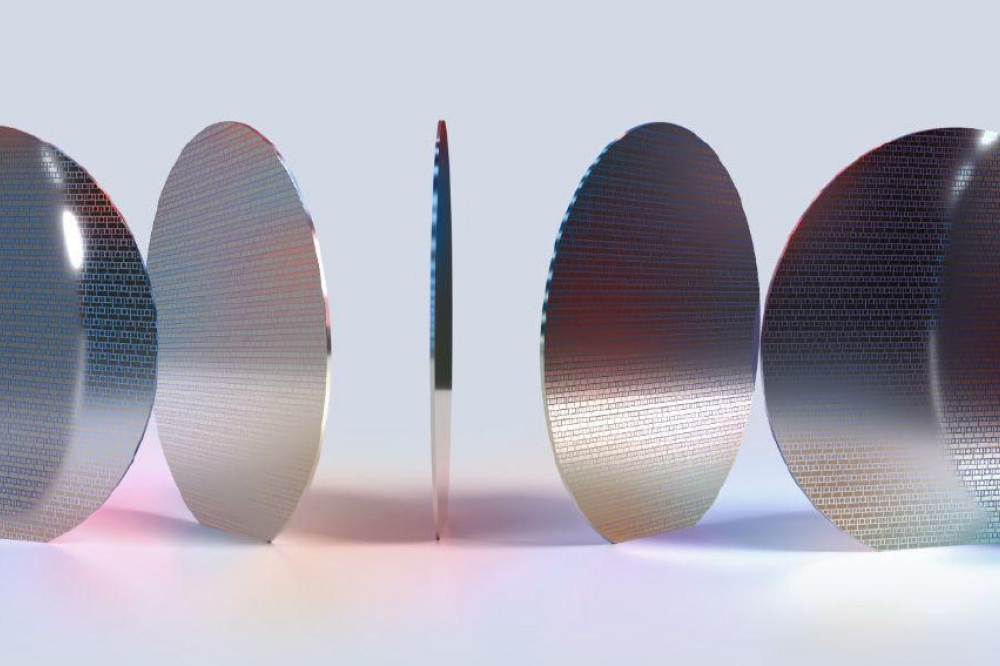IIT Madras licenses PIC-based quantum random number generator to industry

The research institute has licensed the silicon photonics-based QRNG module, which has applications in areas including information security and scientific simulations, to Indrarka Quantum Technologies
The Indian Institute of Technology Madras (IIT Madras) has announced that it has developed and licensed to industry India’s first silicon photonics-based high-speed quantum random number generator (QRNG).
The Technology Transfer Office of the institute signed the licensing agreement on 18 August with Indrarka Quantum Technologies for the commercial deployment of the QRNG.
Developed at its Centre for Programmable Photonic Integrated Circuits and Systems (CPPICS), IIT Madras says this milestone highlights the technology’s strategic value and its potential to advance India’s quantum innovation ecosystem.
Earlier, a prototype version of the QRNG module was delivered to DYSL-QT DRDO, Government of India. Later, an advanced version of the module has been developed and deployed at the Society for Electronic Transactions and Security (SETS Chennai) for quantum security applications.
Highlighting the importance of indigenous development of critical technologies, Kamakoti Veezhinathan, director of IIT Madras, said: “Silicon photonics is an emerging area with strong interface with quantum technologies. Random number generation is a critical building block for secure computing and communication. I am extremely excited that the CPPICS has developed this QRNG that could be readily deployed in the market.”
According to IIT Madras, this licensing agreement represents a major step in translating cutting-edge academic research into market-ready products, reinforcing India’s leadership in the global quantum technology landscape.
During the launch of the product, S Krishnan, secretary of the Ministry of Electronics and Information Technology (MeitY) of the Government of India, congratulated the CoE-CPPICS team, saying: “Indigenously developed field deployable silicon photonic-based quantum random number generator (QRNG) module is pride for India.”
Looking forward to the field implementation of this technology, Dinanath Soni, director of Indrarka Quantum Technologies, said: “We are honoured to partner with IIT Madras in bringing India’s first silicon photonics-based QRNG to market. This ground-breaking technology represents a significant leap forward in quantum security solutions and exemplifies the success of the Make in India initiative. We are committed to making this indigenous innovation accessible across critical sectors, establishing India as a global leader in quantum security and advancing our nation's vision of technological self-reliance.”
The QRNG technology has critical applications in fields including IT security for military and defence, cryptographic algorithms, quantum key distribution (QKD), scientific modelling and simulations, and financial transactions.
Manu Santhanam, professor and associated dean for industrial consultancy and sponsored research at IIT Madras, said: “The Centre for Programmable Photonic Integrated Circuits and Systems (CPPICS) embodies IIT Madras’s vision of transforming world-class research into transformative solutions. The successful development and licensing of the silicon photonics-based QRNG is a testament to how focused R&D, backed by strong industry partnerships, can deliver technologies of national importance.”
Highlighting the impact of this technology, Bijoy Krishna Das, professor and chief investigator of the silicon photonics CoE-CPPICS at IIT Madras, added: “I believe the field deployable QRNG module is the first silicon photonics-based product from India — a remarkable milestone in our nation’s research journey. I gratefully acknowledge the MeitY, Government of India, for the financial support to establish the silicon photonics CoE-CPPICS at IIT Madras.” He credited the achievement to faculty members, research scholars and engineers associated with CoE-CPPICS, and the engineering team at izmo Microsystems for PIC packaging support.

































